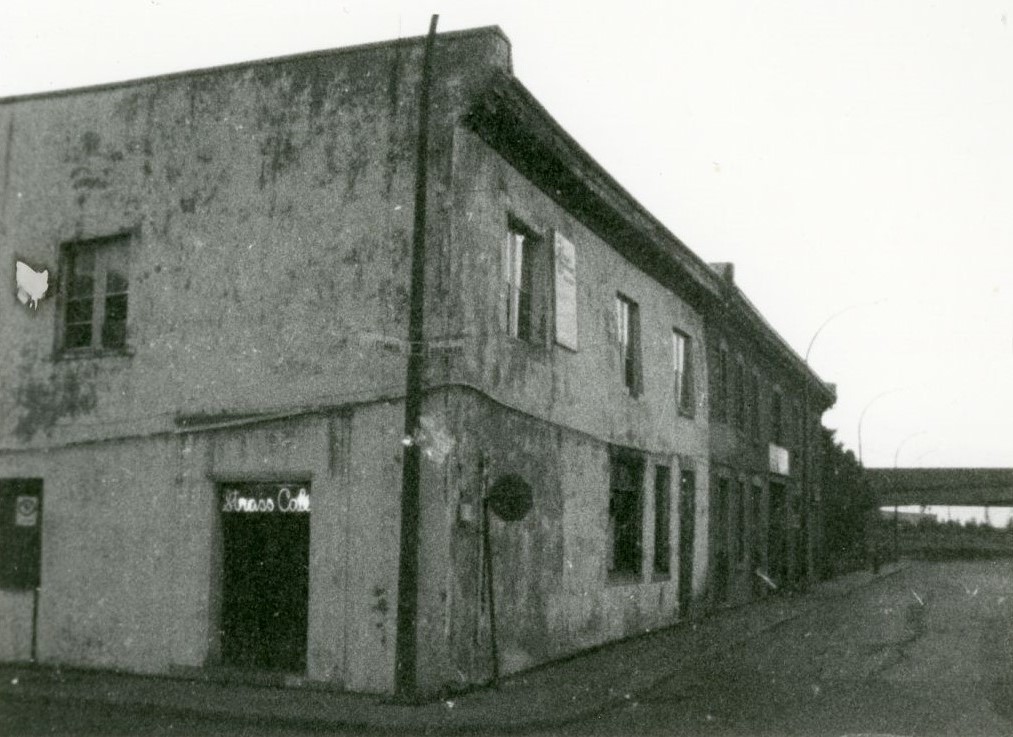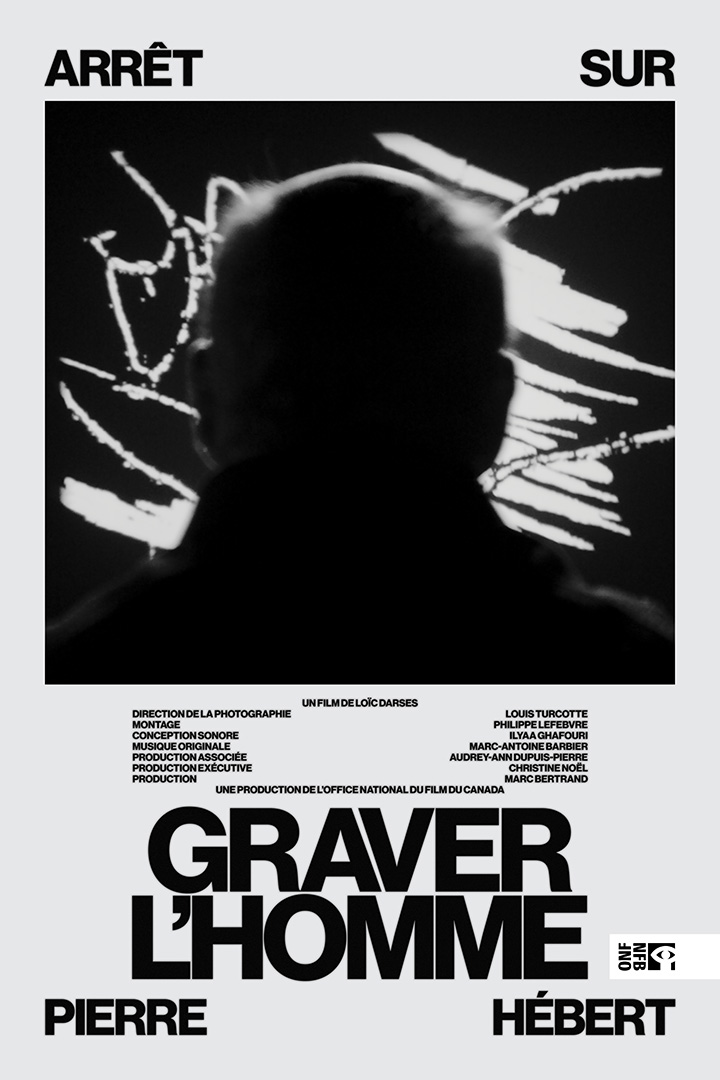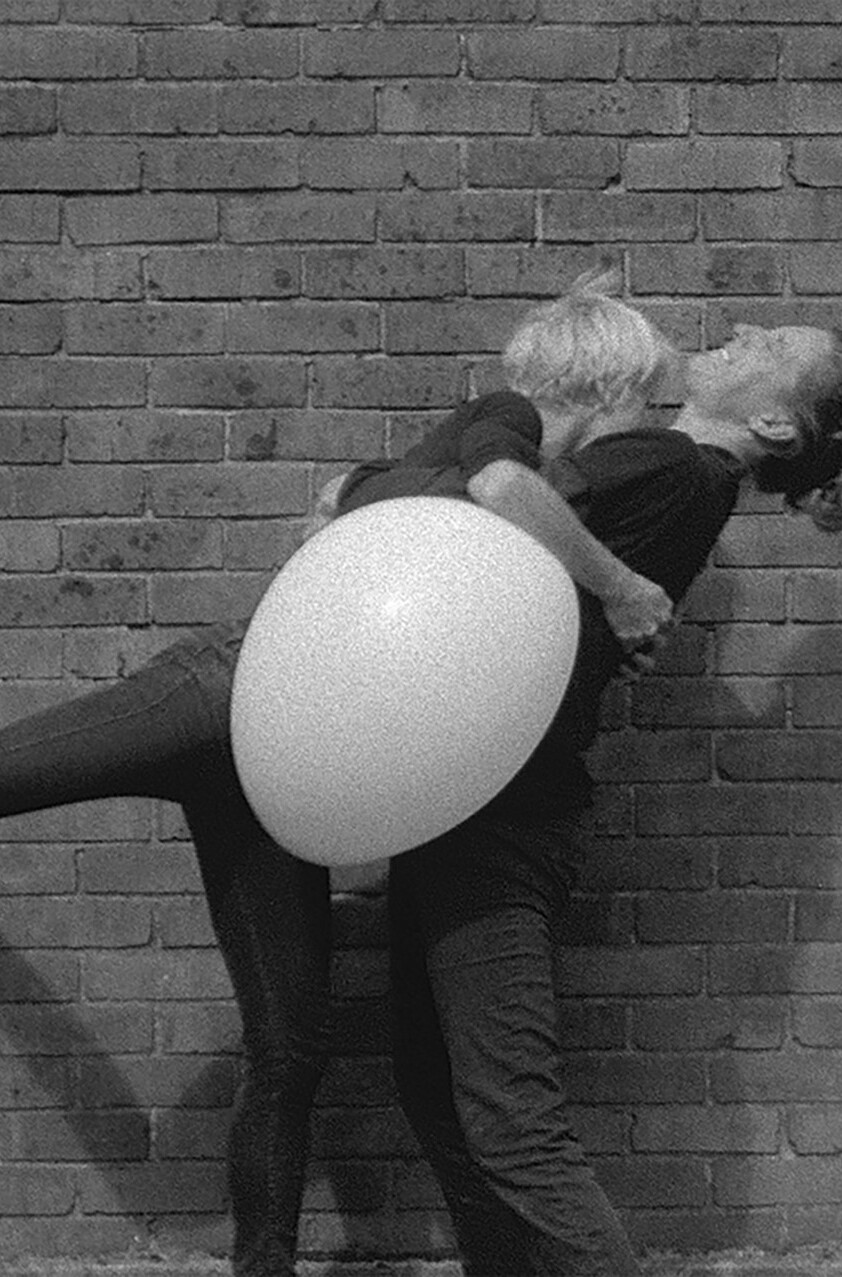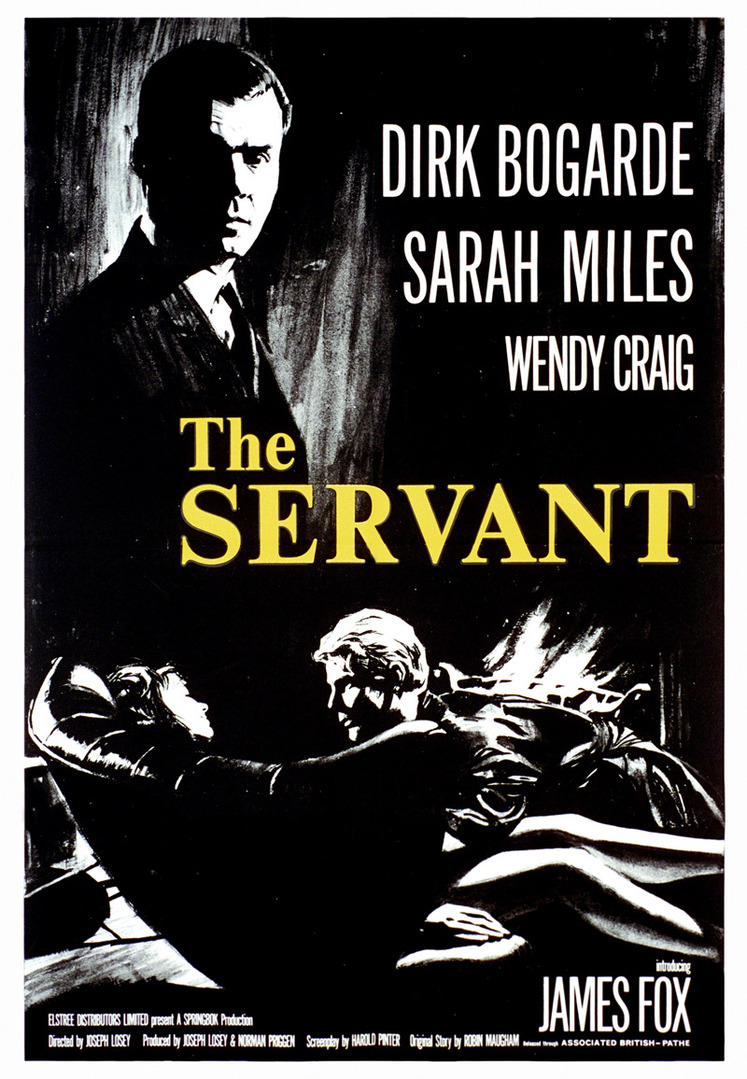Téléphone + Strass Café
On this day, March 8, we invite you to rediscover the audacious works of three women directors, in which voice and speech play a key role. Recently restored by the Cinémathèque québécoise, Luce Roy's Téléphone and Léa Pool's Strass Café are two examples of the creative dynamism of women's production in Quebec in the 1980s. Preserved in our collections, Marguerite Duras's Le Navire Night has lost none of its subversive modernity.
A short animated film sparkling with invention, intelligence, simplicity and effectiveness. The telephone is the central point around which a cartoonist lives her profession in a feverish daily routine that comes to life before our very eyes, straight from the artist's drawing board.
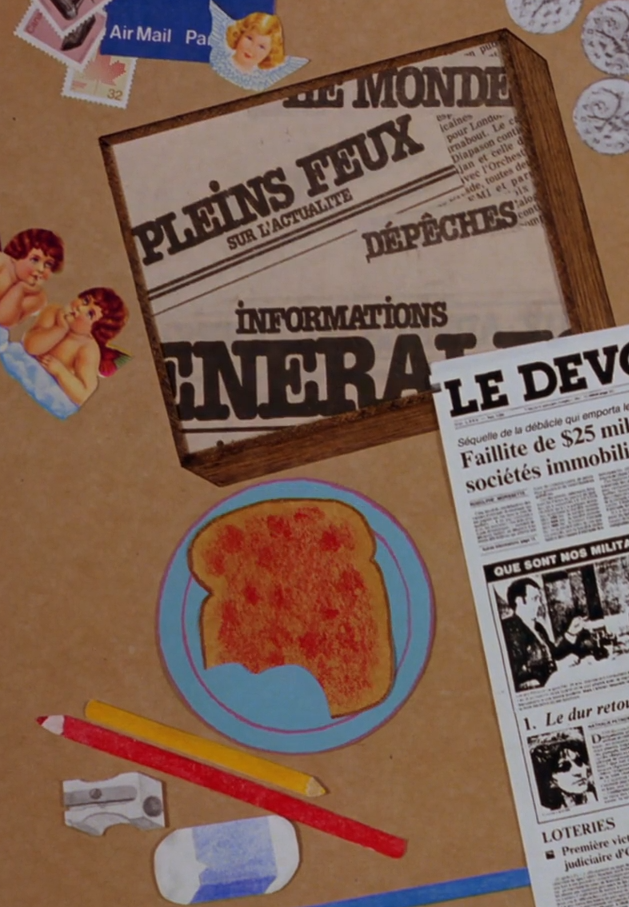
An empty port. The neon lights of the Strass Café flash in the early morning. A man walks along the walls of the deserted city. A woman, alone in an empty apartment, calls. In vain.
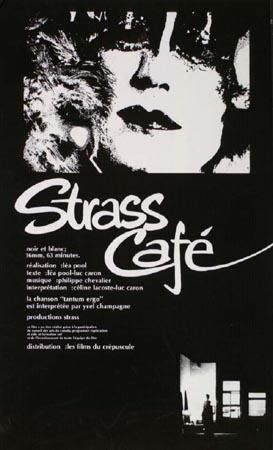
Léa Pool
Léa Pool was born and raised in Switzerland, before emigrating to Quebec in 1975 at the age of 25. After studying communication, she taught cinema and video at UQAM, while producing TV programs and her first films. Esteemed by the public and the critics alike, the works she produced in the 80’s (Strass Café, La femme de l'hôtel, Anne Trister, À corps perdu), stood out at international festivals and already bear witness to the filmmaker's favorite themes: quests for individual meaning, feminine trajectories, intimate relationships... Her fiction work of the 90’s cemented her place in Quebec cinematography while she started to veer towards documentary cinema. Over the past two decades, Léa Pool has produced several international co-productions, as well as her greatest public success: La passion d’Augustine (2015). Her work has been regularly honored around the world, earning her prestigious distinctions.
Photo : Monic Richard
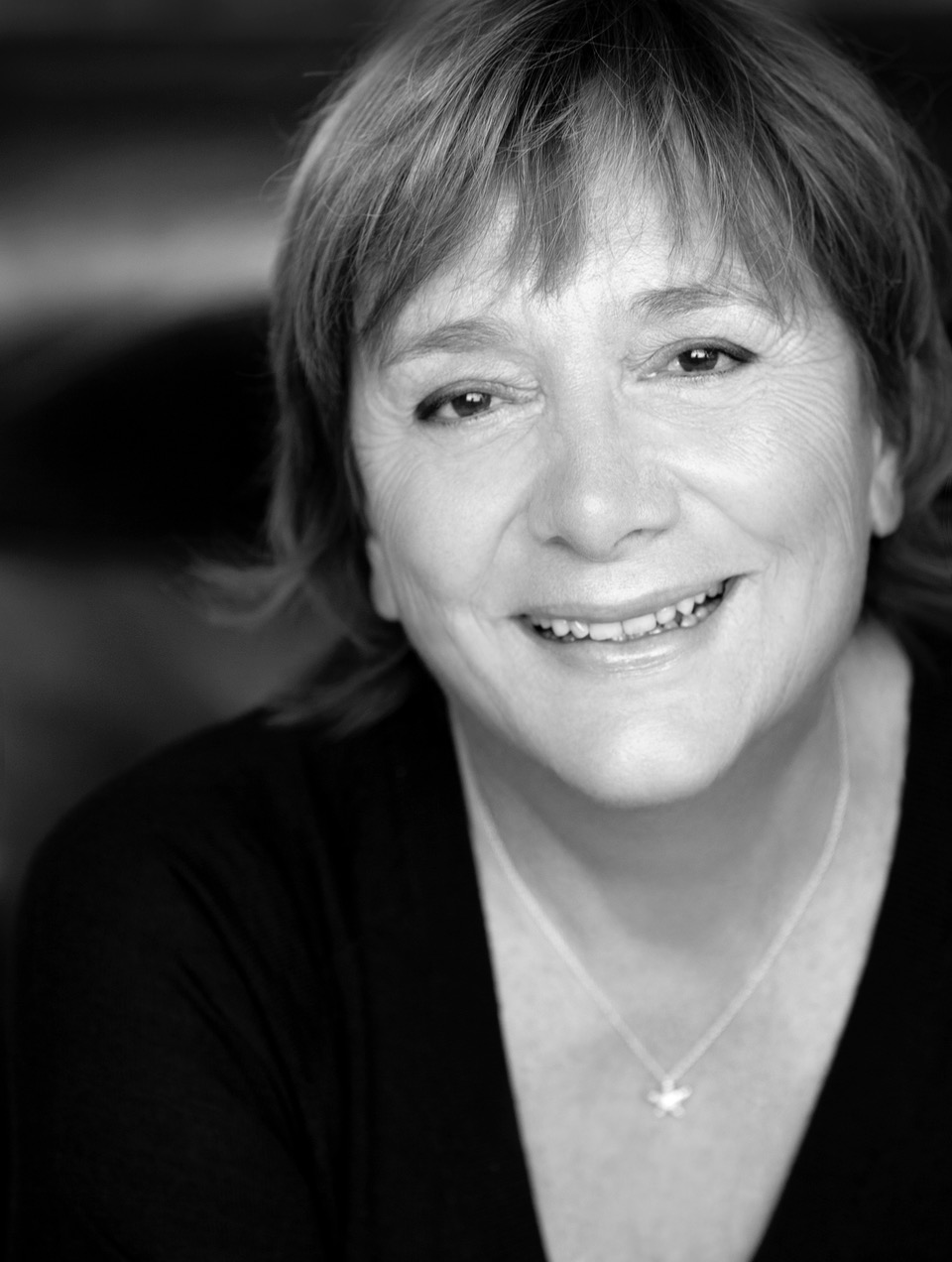
Explore
Léa Pool: the one who reivented herself as a filmmaker
Few women were directors in Quebec when Léa Pool made her debut. She says that she has never made this femininity a driving force or seen it as a brake, but she has patiently built a body of work paying homage to women through complex mother-daughter relationships. Meeting with the one whose painful childhood ended up being scarred by the cinema.

